
Diplomatic Tactics: Navigating Peace Talks in Volatile Regions
Introduction
In an era marked by global crises and regional conflicts, the role of diplomacy becomes crucial in averting wars and fostering peace. The intricacies of diplomatic negotiations are particularly highlighted in volatile regions where the stakes are high, and the political landscape is often fraught with complexities. This report delves into various diplomatic tactics essential for navigating peace talks in such regions, drawing insights from multiple sources to provide a comprehensive analysis.
The Role of International Organizations
United Nations and African Union Collaboration
The United Nations (UN) and the African Union (AU) have frequently collaborated to address conflicts in Africa, a region that constitutes a significant portion of the UN Security Council’s agenda. According to a report by the United Nations, the involvement of regional organizations like the AU is pivotal in reflecting and defending the views of their member states (United Nations). The European Union’s military training missions in the Central African Republic, Mali, and Somalia exemplify efforts that support UN peacekeeping operations, emphasizing the necessity of multilateral cooperation.
Multilateralism and Regional Cooperation
Wang Yi, the Special Representative of President Xi Jinping and State Councilor and Minister for Foreign Affairs of China, underscores the importance of multilateralism in addressing both traditional and non-traditional security challenges (United Nations). Strengthening regional and subregional organizations’ capabilities is vital for enhancing peaceful development and mitigating conflicts.
Preventive Diplomacy and National Leadership
Importance of Prevention Measures
The UN’s top political affairs official has stressed the urgent need for better prevention measures to save lives and boost development amid a surge in armed conflicts worldwide (UN News). Conflict prevention involves tackling economic, social, and institutional drivers of strife, emphasizing national ownership once hostilities cease. Sérgio França Danese, Chair of the Peacebuilding Commission, highlights that conflict prevention is integral to sustaining peace, requiring close cooperation between the Commission and the Security Council (UN News).
Diplomatic and National Leadership
Effective diplomacy and strong national leadership are crucial in preventing wars. This approach involves a comprehensive strategy that includes maintaining international peace and security and pursuing the common goal of saving future generations from the scourge of war (UN News).
Complexities of Peace Talks
Breakdown of Peace Talks
The breakdown of peace talks is a multifaceted phenomenon influenced by clashing interests, negotiation fatigue, spoiler tactics, and external interferences (Global Threat Info). These complexities often lead to the resumption of conflict, undermining the prospects for lasting peace. Understanding these dynamics is crucial for negotiators to navigate peace talks successfully.
Future of Peace and Conflict Diplomacy
The future of peace and conflict diplomacy is predicted to become increasingly complicated. However, with effective orchestration and collaboration among various actors, diplomacy can become more effective (USIP). For instance, the Biden administration’s approach to strategic rivalry with China, while seeking cooperation, has been positively received in the Asian region, creating opportunities for promoting peace (USIP).
Conclusion
Navigating peace talks in volatile regions requires a multi-layered approach that involves international cooperation, preventive diplomacy, and robust national leadership. The collaboration between international organizations like the UN and regional bodies such as the AU plays a crucial role in addressing conflicts. Additionally, understanding the complexities of peace talks and preparing for potential breakdowns can help negotiators foster more sustainable peace agreements. As global geopolitical dynamics continue to evolve, the effectiveness of diplomatic tactics will remain essential in creating a more peaceful world order.
Works Cited
United Nations. “In Times of Global Crises, Collaboration between … – United Nations.” United Nations, 2021, https://press.un.org/en/2021/sc14498.doc.htm.
UN News. “Diplomacy and National Leadership Crucial in Preventing War, Security Council Hears.” UN News, 2024, https://news.un.org/en/story/2024/03/1147557.
United States Institute of Peace (USIP). “Practicing Peace and Conflict Diplomacy in a Complex World.” USIP, 2021, https://www.usip.org/publications/2021/06/practicing-peace-and-conflict-diplomacy-complex-world.
Global Threat Info. “Navigating the Precipice of Diplomacy: A Comprehensive Analysis of Peace Talks Breakdown.” Global Threat Info, https://globalthreat.info/blog/navigating-the-precipice-of-diplomacy-a-comprehensive-analysis-of-peace-talks-breakdown.
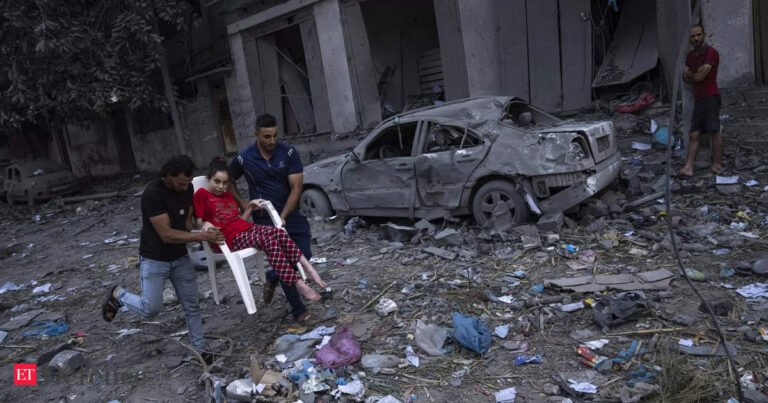
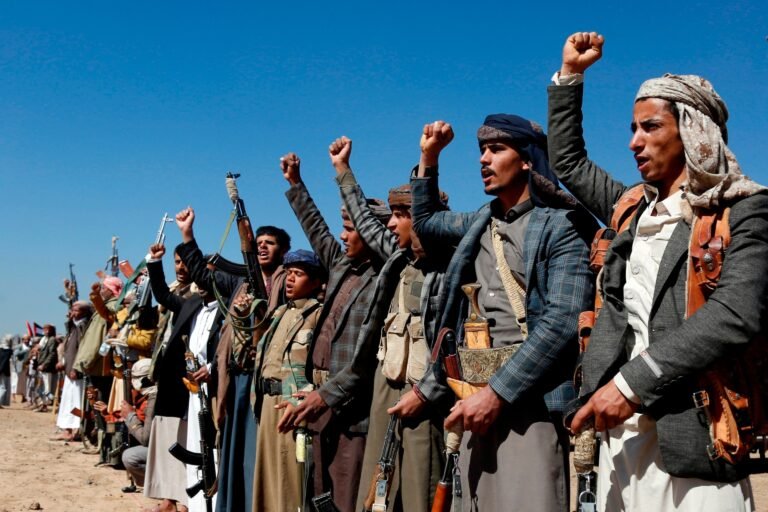


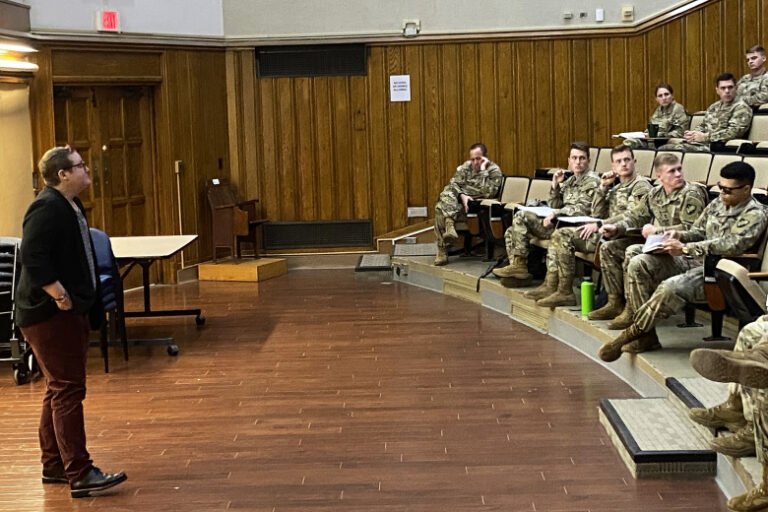



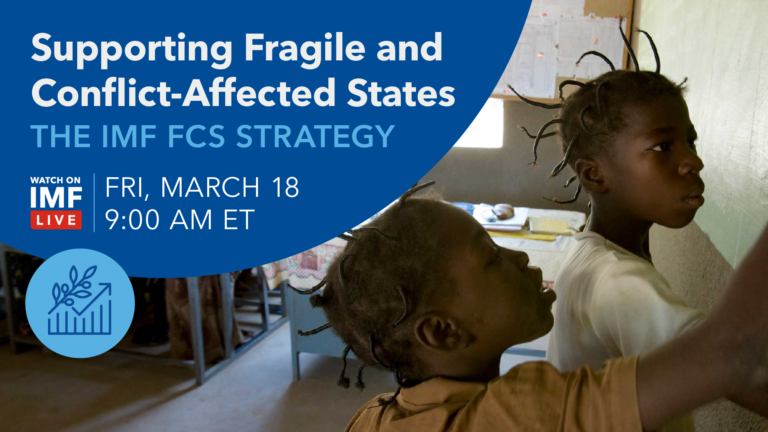
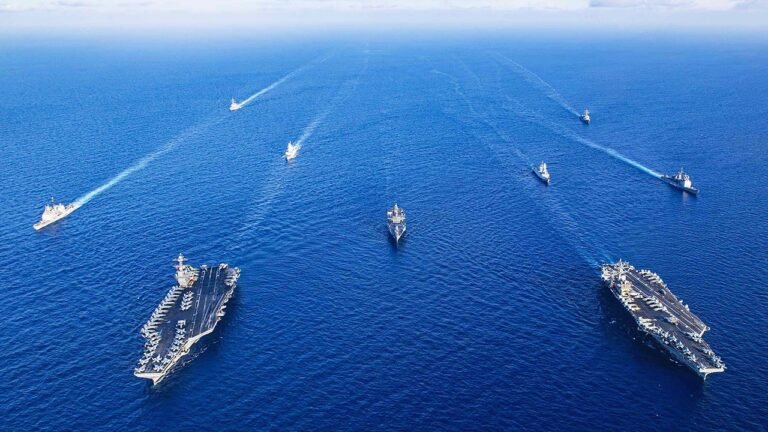
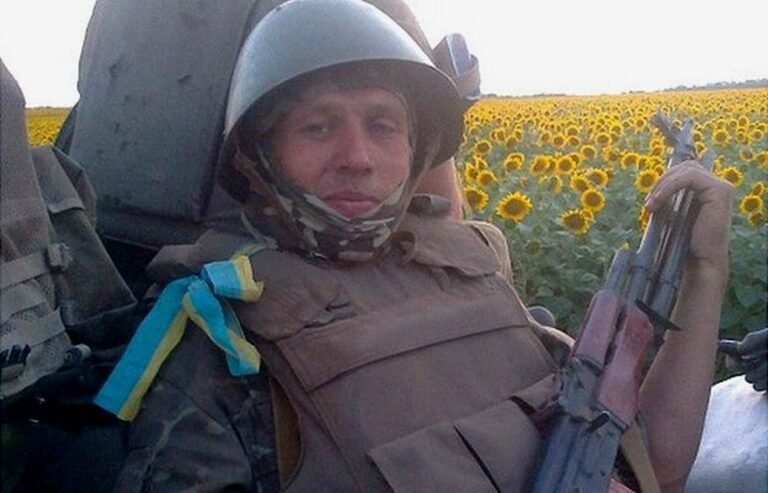


+ There are no comments
Add yours